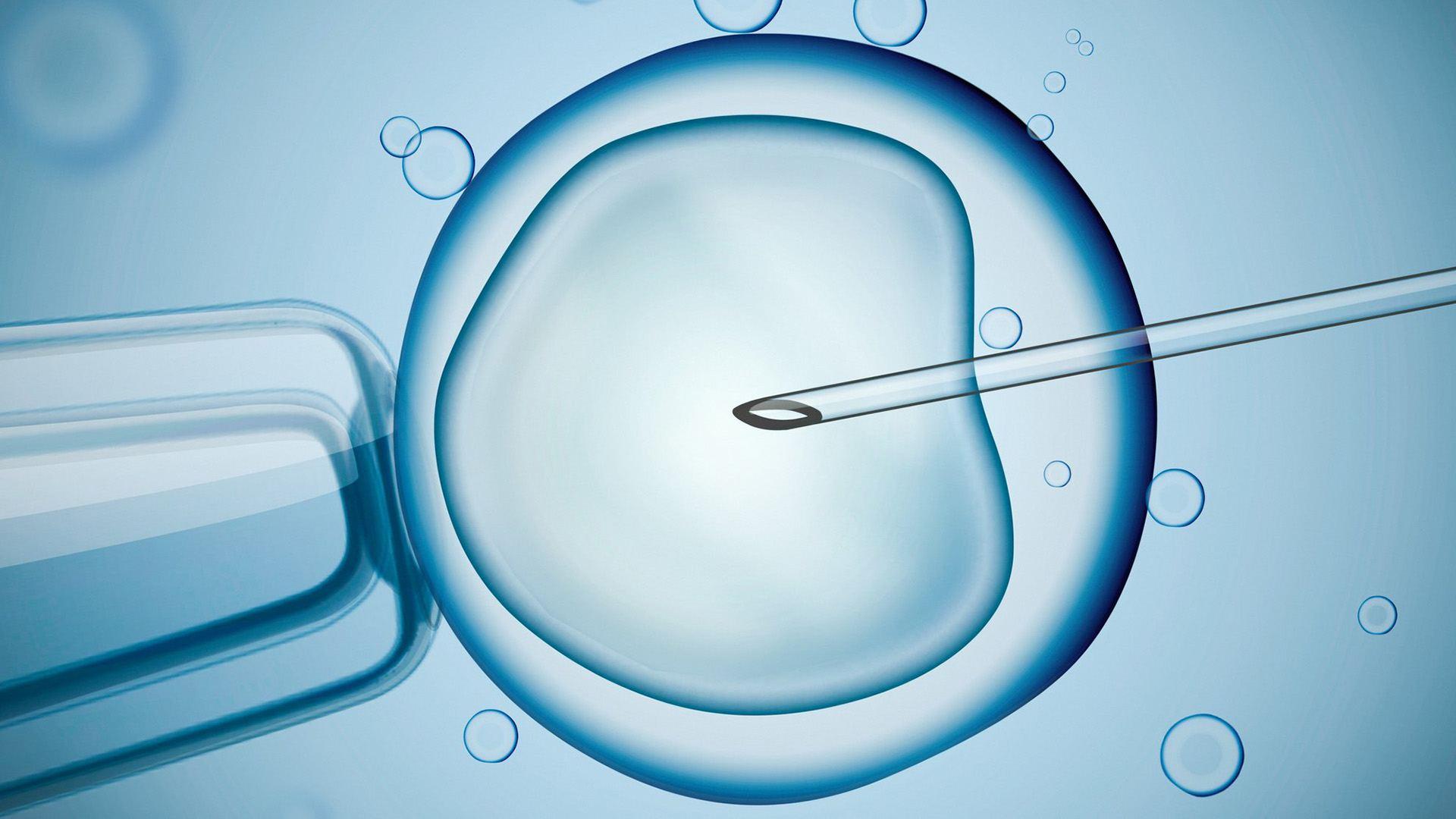I.V.F. Threats in Alabama Drive Clinics to Ship Out Embryos
By Azeen Ghorayshi and Sarah Kliff,
The New York Times
| 08. 12. 2024
An emerging movement against in vitro fertilization is driving some doctors and patients in red states to move or destroy frozen embryos.
The embryo migration is most striking in Alabama, where the State Supreme Court ruled in February that embryos were “unborn children.” Since then, at least four of Alabama’s seven fertility clinics have hired biotech companies to move the cells elsewhere. A fifth clinic is working with a doctor in New York to discard embryos because of concerns about the legality of doing so in Alabama.
Fertility patients outside of Alabama, too, are worried about how their precious embryos — specks of 70 to 200 cells barely visible to the human eye — might one day be affected by lawmakers who believe human life begins at conception. Since the Supreme Court’s 2022 decision to overturn Roe v. Wade, 14 states have passed total or near total abortion bans. And the Southern Baptists, the country’s largest Protestant denomination, voted in June to oppose I.V.F., calling for the protection of “frozen embryonic human beings.”
That month in Texas, Diana...
Related Articles
By Diaa Hadid and Shweta Desai, NPR | 01.29.2026
MUMBRA, India — The afternoon sun shines on the woman in a commuter-town café, highlighting her almond-shaped eyes and pale skin, a look often sought after by couples who need an egg to have a baby.
"I have good eggs,"...
By George Janes, BioNews | 01.12.2026
A heart attack patient has become the first person to be treated in a clinical trial of an experimental gene therapy, which aims to strengthen blood vessels after coronary bypass surgery.
Coronary artery bypass surgery is performed to treat...
By Staff, ScienceDaily | 01.05.2026
Scientists at UNSW Sydney have developed a new form of CRISPR technology that could make gene therapy safer while also resolving a decades-long debate about how genes are switched off. The research shows that small chemical markers attached to DNA
...
Following a long-standing CGS tradition, we present a selection of our favorite Biopolitical Times posts of the past year.
In 2025, we published up to four posts every month, written by 12 authors (staff, consultants and allies), some in collaboration and one simply credited to CGS.
These titles are presented in chronological order, except for three In Memoriam notices, which follow. Many more posts that are worth your time can be found in the archive. Scroll down and “VIEW...




